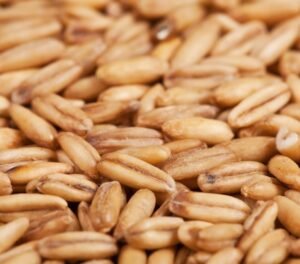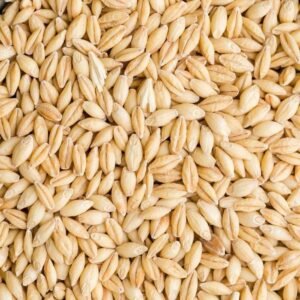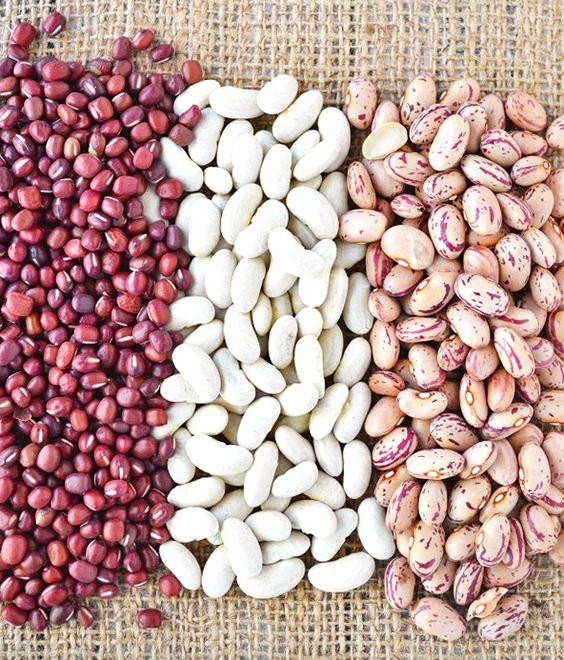Understanding the Importance of Wholesale Food Crops
In the dynamic world of agriculture, wholesale food crops serve as the backbone of food distribution systems worldwide. These crops, grown on a large scale, embody the essential commodities that keep the global food supply chain running smoothly. This article delves into the significance of wholesale food crops, their benefits, and their impact on the economy and food security.
What are Wholesale Food Crops?
Wholesale food crops encompass a broad range of agricultural products produced in substantial quantities and marketed primarily to wholesale distributors. These distributors, in turn, supply the crops to various markets, retail stores, restaurants, and food manufacturers. Common examples include grains like wheat, corn, and rice, as well as vegetables, fruits, and legumes.
The Role of Wholesale Food Crops in the Economy
The economic importance of wholesale food crops cannot be overstated. These crops are critical to:
Stabilizing Food Prices
By supplying large quantities of food products, wholesale food crops help stabilize market prices. The availability of these crops in bulk ensures that there is a consistent supply, which helps in keeping the prices within reasonable limits even during periods of high demand or low production.
Supporting Agricultural Employment
The cultivation of wholesale food crops provides employment to millions of people in the agricultural sector. From planting and harvesting to processing and distribution, these activities support a wide range of jobs and contribute significantly to rural economies.
Facilitating International Trade
Many countries rely heavily on the export and import of wholesale food crops. Nations with favorable growing conditions can produce surplus crops and export them, generating significant revenue. Conversely, countries that cannot produce enough food to meet their population’s needs import these vital commodities, underpinning global trade relations.
Benefits of Wholesale Food Crops
The system of wholesale food crops offers numerous advantages, including:
Cost Effectiveness
Buying in bulk often reduces the cost per unit, making essential food items more affordable for wholesalers, retailers, and ultimately, consumers. This efficiency is particularly beneficial for large institutions like schools, hospitals, and governmental agencies that require substantial quantities of food.
Consistency and Quality Control
The large-scale production and distribution associated with wholesale food crops typically involve stringent quality control measures. Wholesalers adhere to rigorous standards to ensure the crops meet safety and quality requirements, which helps protect consumers and maintain trust in the food supply chain.
Resource Optimization
Wholesale farming practices often involve advanced agricultural techniques and technologies that optimize the use of resources like water, fertilizers, and land. This not only boosts crop yields but also promotes sustainable farming practices, which are crucial for long-term environmental health.
Challenges Facing Wholesale Food Crops Industry
Despite the benefits, the industry of wholesale food crops faces several challenges:
Climate Change
Varied and unpredictable weather patterns can significantly impact crop yields. Droughts, floods, and extreme weather events can disrupt the supply chain, leading to shortages and price volatility.
Market Fluctuations
Prices for wholesale food crops can be highly volatile due to factors like global economic conditions, political instability, and changes in demand and supply dynamics. This unpredictability poses risks to both producers and consumers.
Logistics and Distribution
Efficiently transporting large quantities of food crops from farms to markets involves complex logistics. Issues such as infrastructure limitations, transportation costs, and storage challenges can impact the efficiency of the distribution system.
The Future of Wholesale Food Crops
Looking ahead, the future of wholesale food crops will likely be shaped by advances in agricultural technology, improved logistics, and sustainable farming practices. Innovations such as precision agriculture, biotechnology, and enhanced supply chain management systems will play crucial roles in meeting the growing global demand for food.
Moreover, as consumers become increasingly aware of the importance of sustainability, there will likely be a greater emphasis on ensuring that wholesale food crops are produced and distributed in environmentally friendly ways. This shift will not only help preserve natural resources but also ensure that future generations have access to safe and nutritious food.
In conclusion, wholesale food crops are integral to the global food supply chain, contributing to economic stability, job creation, and food security. By understanding and addressing the challenges and leveraging future opportunities, stakeholders can ensure that this vital sector continues to thrive and support the well-being of populations around the world.
For a wide range of specially selected and organic products, kindly visit our products page for full information click here






